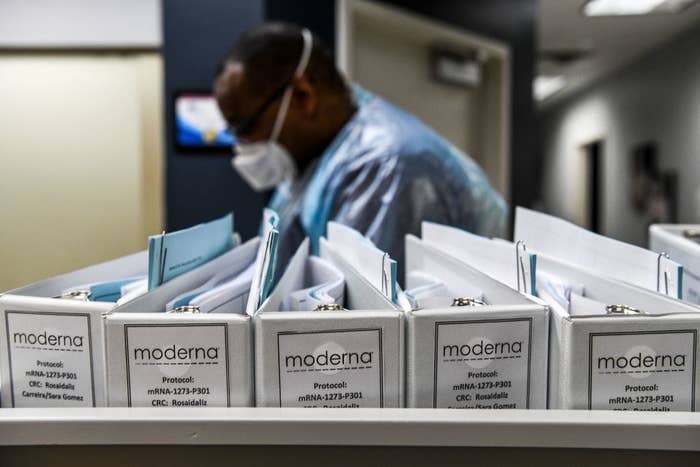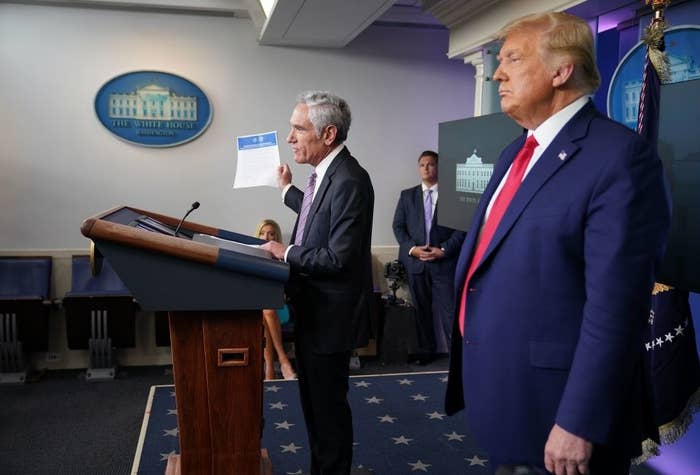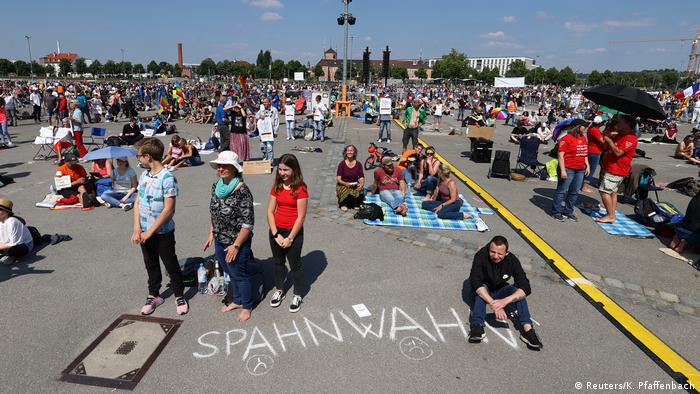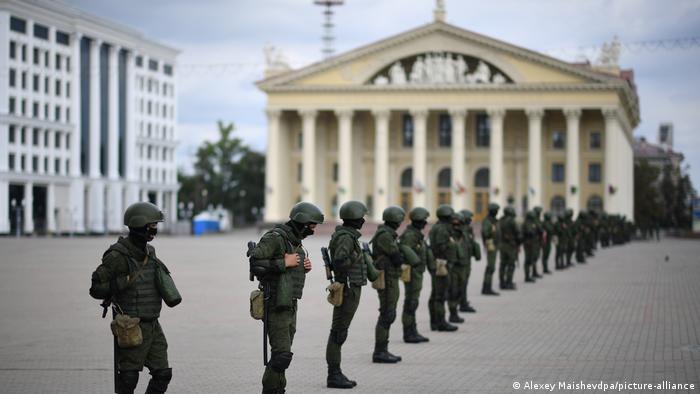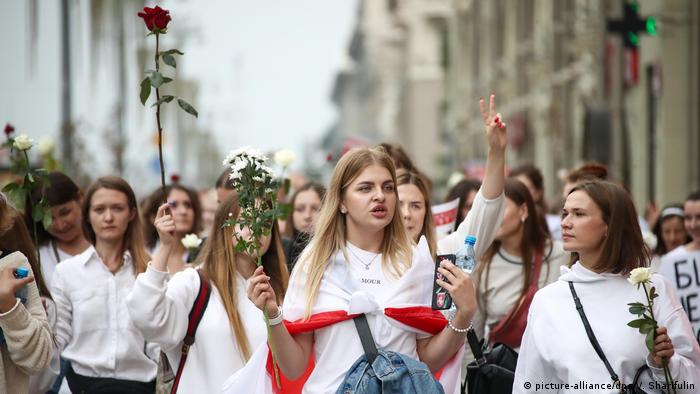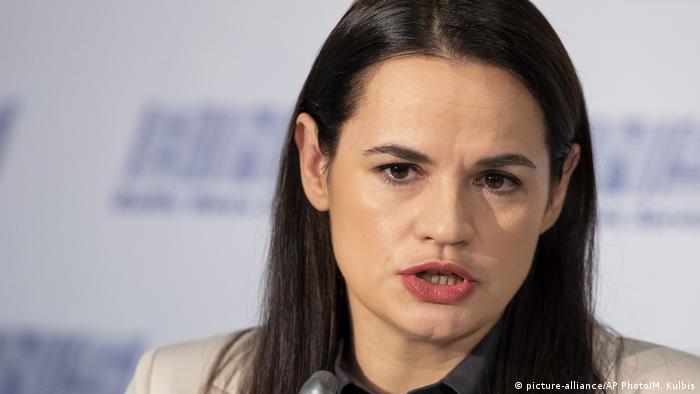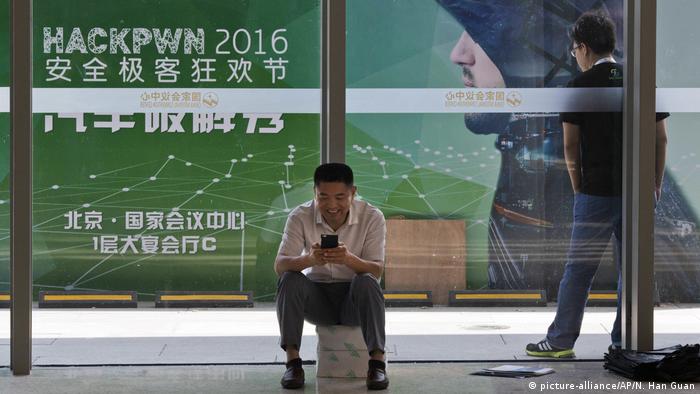People Are Being Arrested For Arson, But No, They're Not Antifa
As authorities on the West Coast battle ferocious wildfires, they're also having to contend with unfounded conspiracy theories tying the blazes not to climate change, but left-wing agitators.
Julia ReinsteinBuzzFeed News Reporter
Posted on September 15, 2020
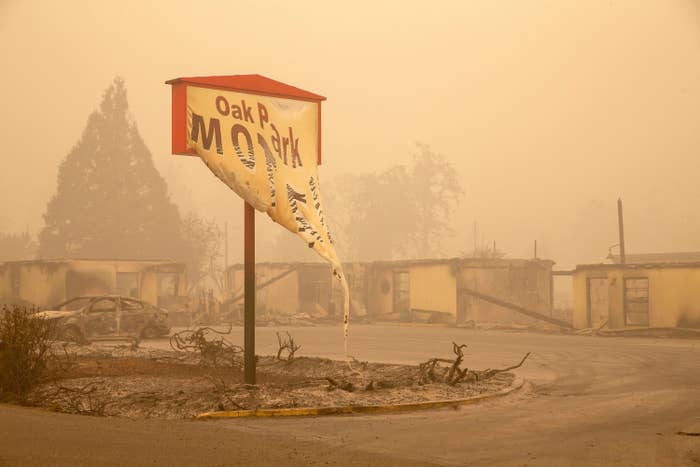
Rob Schumacher / Getty Images
The melted sign of the Oak Park Motel destroyed by flames in Gates, east of Salem, Oregon, on Sept. 13.
As massive blazes continue to burn across Oregon and other parts of the West Coast, police in Portland arrested a man early Monday for allegedly lighting at least seven small fires in the city.
Authorities said Domingo Lopez Jr., 45, lit a series of small brush fires next to a freeway by using, at least in one instance, a plastic bottle with a wick attached, described by police as a Molotov cocktail. He was arrested Sunday afternoon for lighting one fire and then released, only to be arrested again hours later after he allegedly lit six more, police said in a statement. Firefighters extinguished three of the blazes, while good Samaritans put out the other three. Lopez was taken to a hospital for a mental health evaluation.
That might have been the end of it, except that news of Lopez’s arrest went viral on Twitter, with many sharing the police's post in a bid to falsely tie all the West Coast fires to agitators instead of climate change — part of a trend of right-wing misinformation about the blazes that has become a giant, politically charged distraction for local authorities who are already overmatched by the most ferocious fire season in history.
Arson arrests during fire season are nothing new. Some involve people with mental illness or pyromaniac compulsions, others are people being careless, say, at a gender reveal. But with the US election firmly underway, incidents like the one involving Lopez have been swept up in a wave of right-wing online conspiracy theories designed at discrediting climate change scientists and playing into President Trump’s message about a breakdown of law and order in Democratic-leaning states.
Most notably, people have falsely claimed some of the fires were arson attacks committed by antifa, a loosely defined group of left-wing, anti-fascist activists that Trump has called a "terrorist organization." This fear-mongering — particularly in Oregon, which has been the site of deadly clashes between right- and left-wing demonstrators in recent months — has even led some residents to vow to defy evacuation orders and remain in their burning towns in order to "defend" them from the purported arsonists. The Multnomah County Sheriff’s Office has even had to remove checkpoints set up by residents who had been forcing cars to stop. Photographers and journalists have been accused of being arsonists and looters, and have been threatened and even held at gunpoint as a result.
Amid the swirling falsehoods, the FBI has had to intervene, releasing a statement on Friday making clear that reports of "extremists" being behind the fires had been investigated and were found to be untrue. "Conspiracy theories and misinformation take valuable resources away [from] local fire and police agencies working around the clock to bring these fires under control," the FBI's Portland division said.

Matthew McFarland / Unified Fire Authority via AP
Fire crews prepare to fight wildfires near Butte Falls in Southern Oregon on Saturday.
The misinformation appears to be part of a global trend in which climate change deniers have scapegoated arsonists — and not a warming planet — as the cause of blazes from Oregon to Australia. During the fires across large swaths of eastern Australia in January, prominent right-wing social media figures elevated the false claim that nearly 200 people had been arrested for intentionally starting the blazes. Some conspiracy theories have even gone as far as to baselessly accuse climate change activists of igniting the flames as a sort of false flag. Brazilian President Jair Bolsonaro blamed Leonardo DiCaprio and environmental NGOs for starting fires in the Amazon last year.
To be sure, arsonists do exist, driven by criminal intention, compulsion, or both. In 2017, there were more than 40,000 arson cases reported in the US, according to the FBI, and 256 arson-related arrests were made in Oregon in 2018 — but these cover all types of arson. Outside fires being lit by people, intentionally or not, are nonetheless still common across the US. The National Fire Protection Association has estimated there were almost 200,000 fires lit outside (i.e., not in structures or vehicles) between 2010 and 2014.
But while wildfires are common this time of year on the West Coast, arson is not a leading cause of these massive blazes, according to Erica Fleishman, an Oregon State University professor and director of the Oregon Climate Change Research Institute. These fires are instead caused by a number of combined factors, Fleishman told BuzzFeed News, particularly climate change, weather, and an increase in human settlements near areas at risk of wildfires.
"There is virtually no evidence that 'antifa' caused the wildfires currently burning in Oregon," Fleishman said. "The FBI has referenced these rumors as 'untrue.' Local law enforcement offices throughout Oregon are stating that the rumors are false. Even in the cases of fires in which arson is suspected, there are no credible links to antifa or other extremist groups."
There are a few main reasons people commit arson, Robert Schaal, a fire investigator and past president of the International Association of Arson Investigators, told BuzzFeed News. "The number one reason is financial motive," Schaal said. "A lot of people are in financial distress, and it's an easy way out to get the insurance proceeds. Another primary motive is spite or revenge — somebody is angry at a competitor, an individual, a spited lover."
Political reasons, however, are not a typical cause of wildfires, he said. "You do see arson as a tool in civil unrest, but that's not a routine occurrence," Schaal added. Intentional fires have been set during some recent protests in urban areas, he noted, but those have been aimed at businesses and institutions, such as the burning of a Nashville courthouse during a Black Lives Matter protest in May.
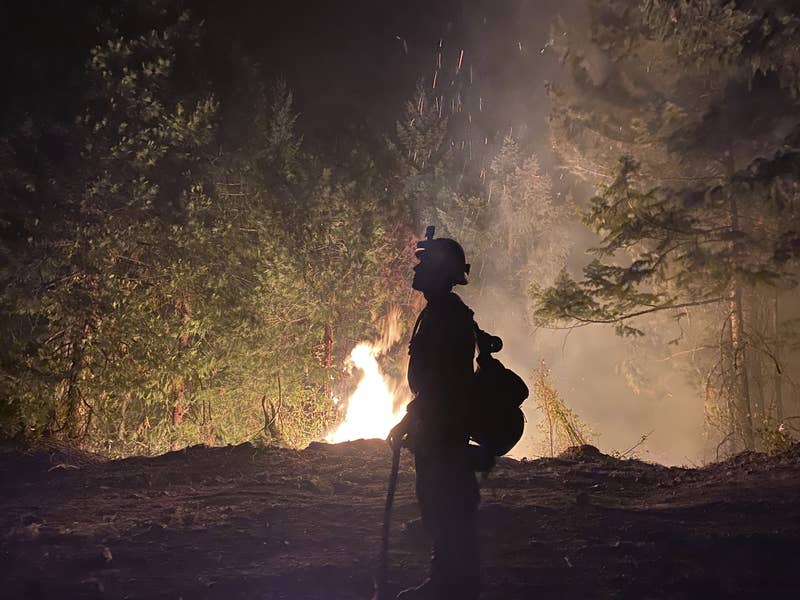
Matthew McFarland / Unified Fire Authority via AP
A fire crew member on the scene working to protect the town of Butte Falls in southern Oregon on Sunday.
The arson charge in Portland early Monday morning was one of at least five arrests for arson in recent days to catch the attention of right-wing conspiracy theorists. But in all the cases, authorities have not said the individuals were affiliated with "antifa" or that they had any political motives.
On Friday, the Jackson County Sheriff's Office announced an arrest had been made for a fire intentionally set in Phoenix, Oregon. Michael Jarrod Bakkela, 41, was described as a "local transient," and was booked into jail for violating his probation, which he was on for a previous methamphetamine possession conviction. He has been charged with 15 counts of criminal mischief and 14 counts of reckless endangerment. Bakkela is accused of starting one of two fires that merged to become the Almeda fire, Oregon State Fire Marshal’s Office spokesperson Rich Tyler told the Oregonian.
A day before Bakkela's arrest was made, the Jackson County Sheriff's Office issued a warning about unfounded rumors about the fires and urged people to stop spreading "misinformation based on some unverified random post or meme" and stick to official sources for information.
"We are inundated with questions about things that are FAKE stories," the sheriff's office said in a Facebook post. "One example is a story circulating that varies about what group is involved as to setting fires and arrests being made. THIS IS NOT TRUE!"
Anita Esquivel, 37, was also arrested for starting fires in Salinas, California, on Sept. 7, jail records show. The Monterey County District Attorney’s Office told KION there was no indication that she has any ties to “antifa.”
In Oregon's Clackamas County, two individuals were arrested Friday on arson charges. According to the Clackamas County Sheriff's Office, 37-year-old Ignat Shchetinin confessed to lighting clothes on fire at a local Fred Meyer store using a lighter, saying he did it "to get the attention of a person who wouldn’t speak with him." Shchetinin allegedly had methamphetamine on him at the time of his arrest and was booked into jail.
Sammy Piatt, 53, was arrested by the Oregon City Police Department for allegedly lighting a pile of leaves on fire near a local social services building. Piatt is homeless, police said, and was arrested for both arson and a probation violation. The fire was quickly extinguished and did not cause damage, police said.
Officials in Clackamas County have also had to push back on antifa rumors not just from the public, but also from their own law enforcement officers.
On Saturday, a deputy in the sheriff's office was placed on administrative leave after a video went viral in which he gave credence to the conspiracy theories and said "we need the public's help on this." The deputy was aware he was being filmed at the time.
"Antifa motherfuckers are out causing hell and there's a lot of lives at stake and there’s a lot of people’s property at stake because these guys got some vendetta," said the deputy.
Clackamas County Sheriff Craig Roberts said the deputy was placed on leave as soon as Roberts became aware of the video.
"The Sheriff's Office mission is to provide calm and safety especially during unprecedented times such as these," Roberts said. "I expect nothing less of our deputies, and apologize to all in our community.”
